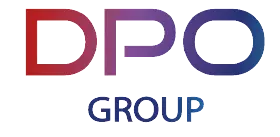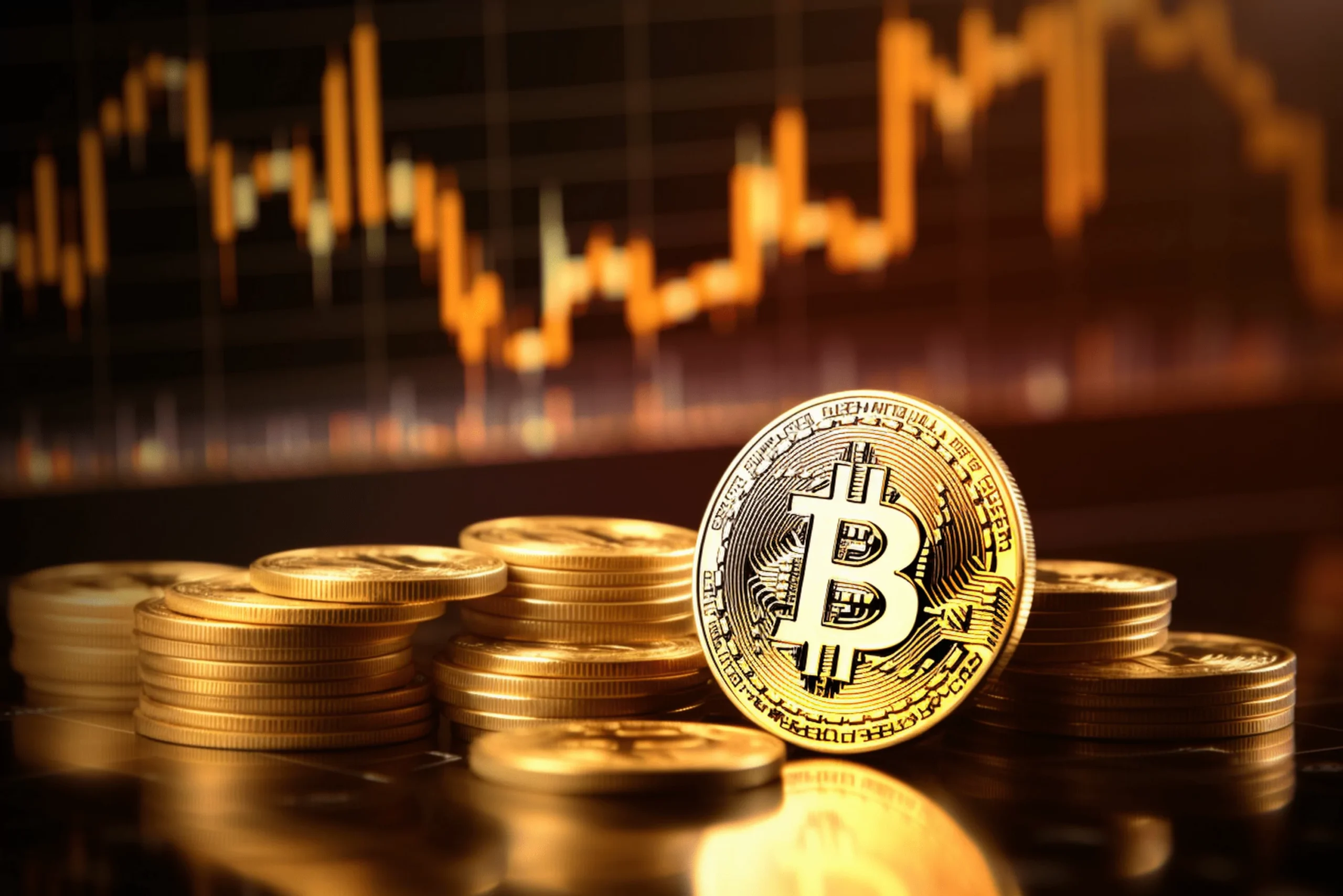The Future of DeFi: Opportunities and Risks for Advanced Crypto Investors
Decentralized Finance (DeFi) is reshaping the financial industry by providing alternatives to traditional banking and financial services through the use of blockchain technology and smart contracts.
This shift away from intermediaries like banks opens up new opportunities for investors, but it also introduces unique risks that must be carefully managed. For advanced crypto investors, understanding the evolving landscape of DeFi is crucial for navigating this rapidly developing sector.
Expanding Use Cases and Integration with Traditional Finance
DeFi platforms leverage blockchain technology to offer financial services without the need for traditional intermediaries. Users can access a range of services, such as trading, lending, and borrowing, through smart contracts that automate and secure transactions. Initially focused on basic services, DeFi has now expanded to include more sophisticated applications.
For example, decentralized exchanges (DEXs) facilitate direct peer-to-peer trading of cryptocurrencies, providing greater privacy and control compared to traditional centralized exchanges. Similarly, decentralized lending platforms allow users to earn interest on their deposits or obtain loans without the need for credit checks, thanks to automated smart contracts.
The integration of DeFi with traditional financial systems is another significant trend. Financial institutions are increasingly exploring and investing in DeFi technologies, recognizing their potential to enhance existing services and create new products. This institutional interest brings additional credibility and capital to the DeFi sector, potentially accelerating its growth and adoption.
Furthermore, regulatory developments are beginning to shape the DeFi landscape. As governments and regulatory bodies formulate frameworks to address the challenges posed by decentralized financial systems, the sector may gain greater legitimacy and stability.

Interoperability and Multi-Chain Ecosystems
A key focus within the DeFi space is enhancing interoperability between different blockchain networks. Cross-chain protocols are being developed to enable seamless interactions across various blockchains, allowing users to transfer assets and execute transactions between platforms.
This improved interoperability enhances the functionality and utility of DeFi applications, enabling more complex and integrated financial services. Multi-chain ecosystems that support multiple blockchain networks are also emerging, offering users a broader range of services and assets.
Risks and Challenges in the DeFi Space
Despite the promising opportunities, DeFi also presents several risks. One primary concern is the security of smart contracts. While smart contracts offer automation and transparency, they are susceptible to vulnerabilities in their code.
Security breaches or exploits can result in significant financial losses. Therefore, it is essential for investors to conduct thorough research and due diligence when engaging with DeFi platforms.
Regulatory uncertainty is another risk factor. As the regulatory environment for DeFi continues to evolve, both platforms and investors may face challenges related to compliance with financial laws and regulations. The development of clear regulatory frameworks could impact the operation and legality of various DeFi services.
Market volatility also poses risks for DeFi investors. The value of DeFi tokens and assets can experience substantial fluctuations, affecting investment returns and complicating risk management. Additionally, some DeFi assets may suffer from low liquidity, making it difficult to execute trades or exit positions without impacting market prices.

Strategies for Advanced Investors
For advanced crypto investors, staying informed and conducting detailed research are crucial strategies for navigating the DeFi landscape. Evaluating the technology, team, and use case of DeFi projects helps identify promising opportunities while avoiding potential pitfalls.
Diversifying investments across different DeFi assets and platforms can mitigate risks and enhance overall portfolio performance. Engaging with industry news, participating in community discussions, and continuously monitoring developments in the DeFi sector will further support successful investment strategies.
Conclusion
The future of DeFi offers significant opportunities and challenges for advanced crypto investors. By understanding the key trends, leveraging innovative investment vehicles, and managing associated risks, investors can effectively navigate this dynamic sector.
With thorough research, informed decision-making, and strategic diversification, sophisticated investors can capitalize on the transformative potential of decentralized finance.








Risk Warning: Online trading involves risks and is not suitable for everyone. Trading in foreign exchange, commodities, indices, stocks, or other financial instruments involves a degree of leverage, which can lead to substantial gains or losses. While leverage can amplify profits, it can also magnify losses. Therefore, it’s important to understand that you might lose more than your initial investment.
Before engaging in online trading, consider your investment objectives, experience level, and risk tolerance. It’s important to be aware that past performance is not indicative of future results, and prices of assets can fluctuate. We recommend consulting with an independent financial advisor if you’re unsure about the suitability of online trading for your financial situation.
Remember, trading should be approached with caution and informed decision-making, aligning with your financial goals and risk appetite.
© Copyright Market4s 2024


